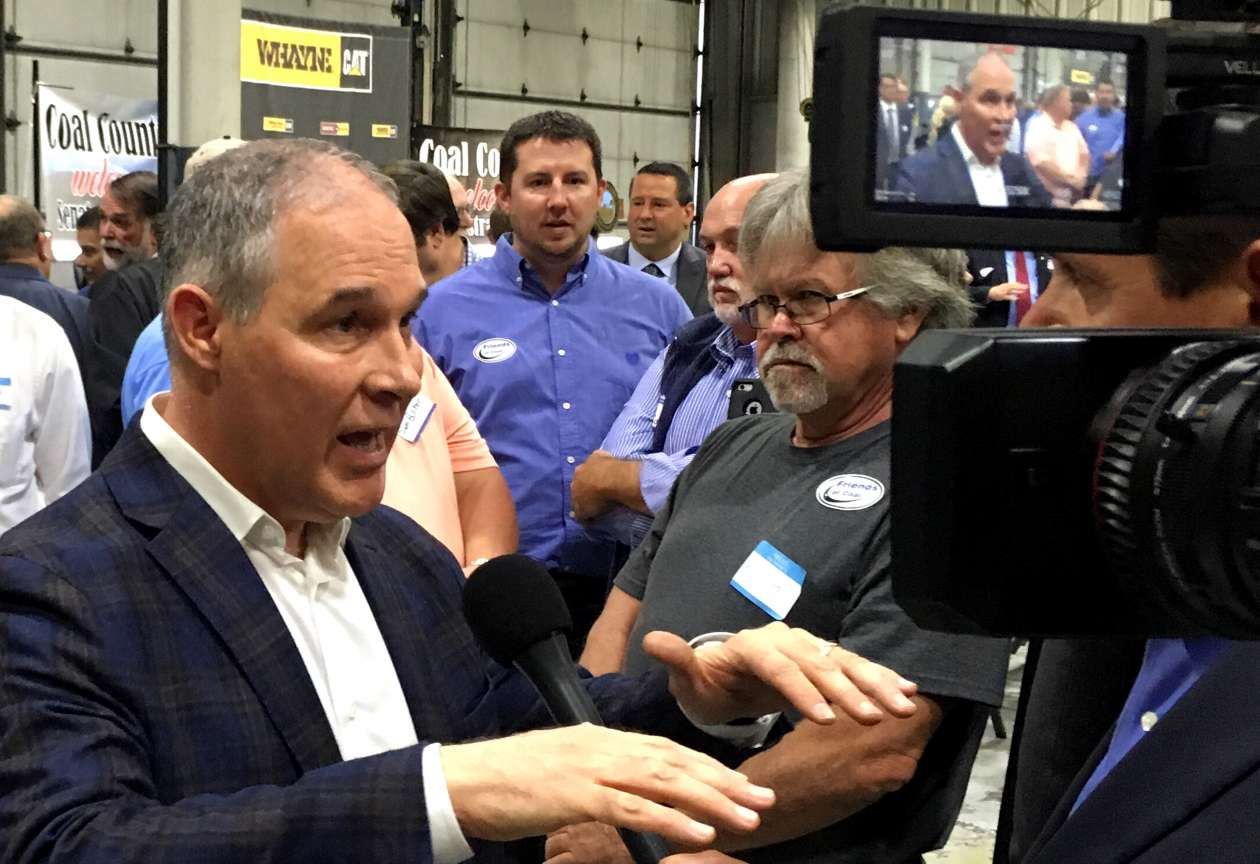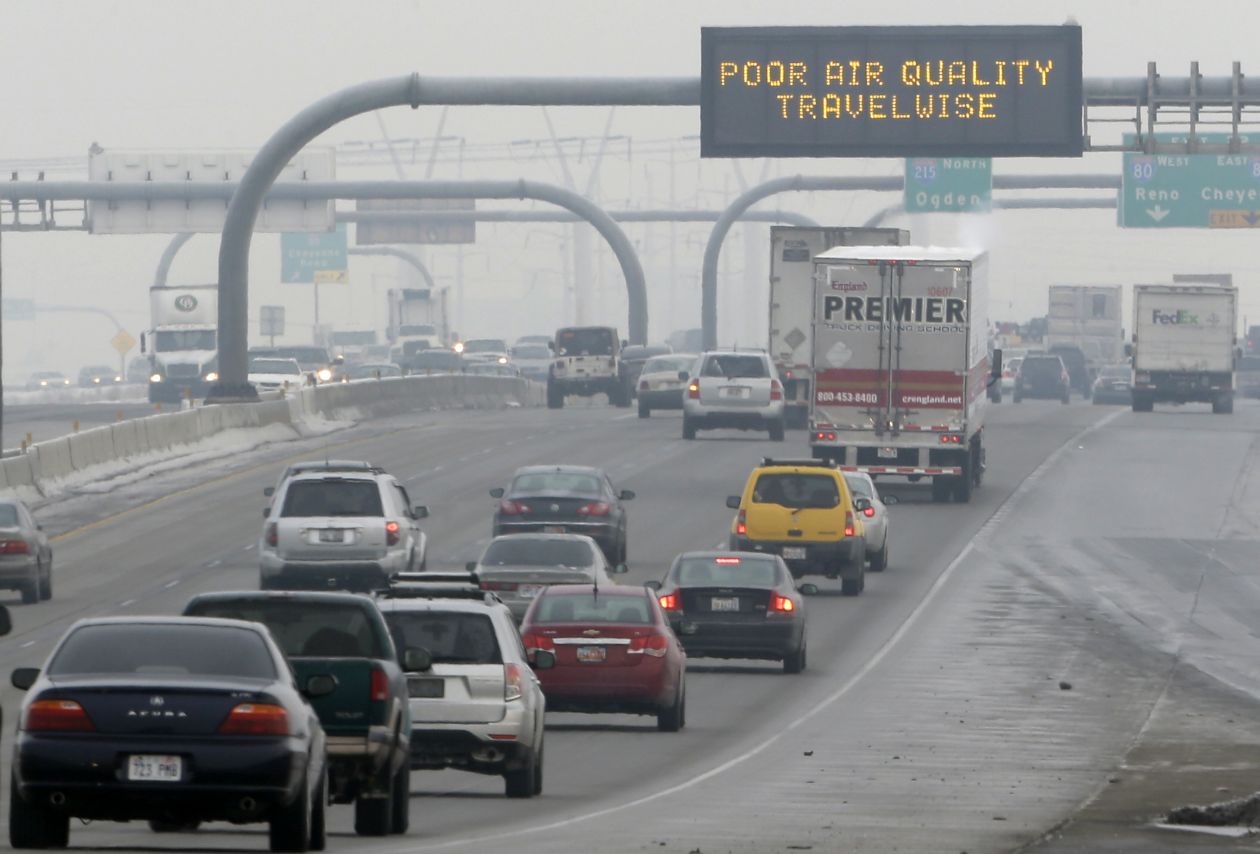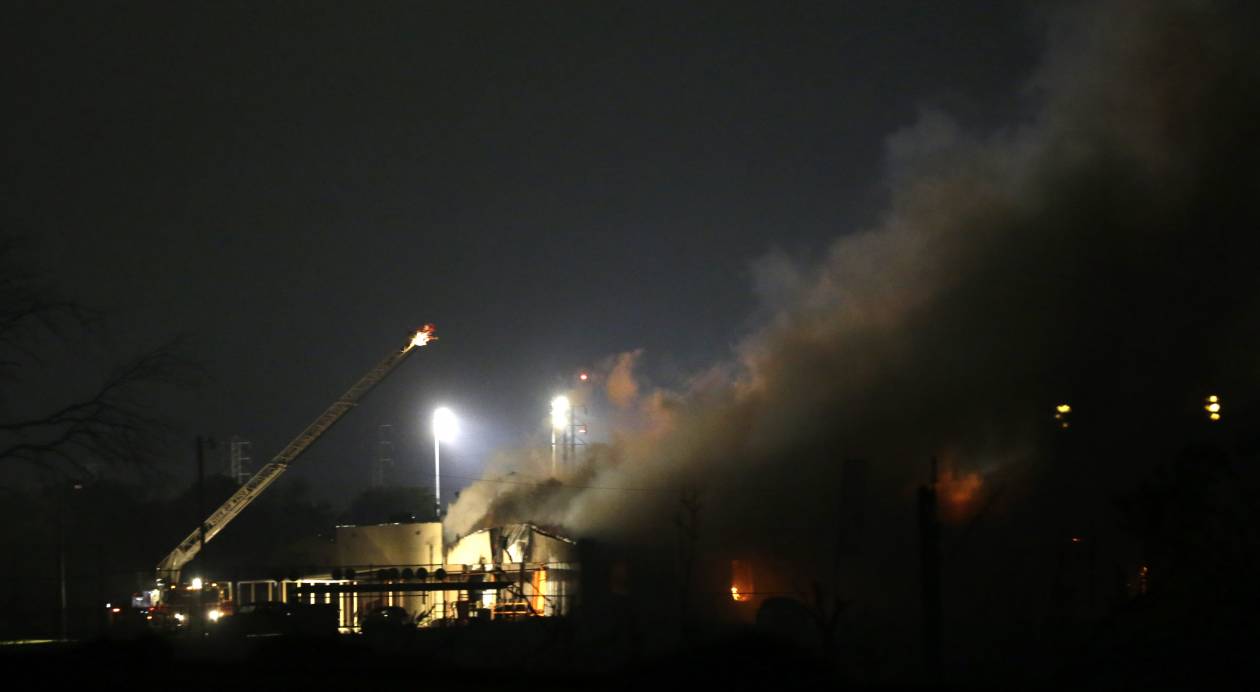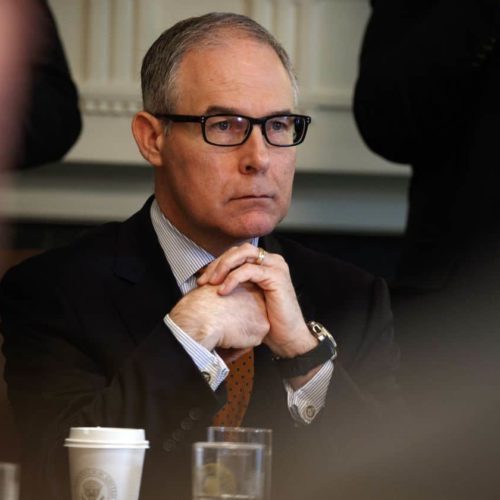Introduction
The Center for Public Integrity is a nonprofit newsroom that investigates betrayals of public trust. Sign up to receive our stories.
Scott Pruitt, the embattled head of the U.S. Environmental Protection Agency, is out after a tenure marked by ethics scandals and rollbacks of regulations meant to protect the public.
Pruitt was the subject of more than a dozen ethics investigations, the validity of which he has disputed. Recent weeks brought a drumbeat of salacious news, from requests for EPA staffers to assist him on the public’s dime to keeping meetings with industry a secret. President Donald J. Trump announced Pruitt’s resignation Thursday in a series of tweets.
It seems unlikely that Pruitt’s departure will change the policy direction of the agency. Senior EPA officials hired under Pruitt, some of whom are former industry lobbyists, have a history of advocating for many of the same regulatory rollbacks he executed. That includes Andrew Wheeler, now acting head of the EPA. Coal giant Murray Energy Corporation is one of his previous clients.
“Within the Agency Scott has done an outstanding job, and I will always be thankful to him for this,” Trump said in his tweets, adding: “I have no doubt that Andy will continue on with our great and lasting EPA agenda.”
Under Pruitt, the agency was frequently criticized by environmentalists, former EPA officials and others for undermining its own mission to protect human health and the environment. The Center for Public Integrity found political appointees — many of whom remain — largely came from industries regulated by the EPA or the offices of elected officials who expressed skepticism of established climate science. Career scientists, lawyers and others at the agency said they were kept out of the loop on decisions that would normally rely on their expertise.
On top of that, a Center analysis showed that Pruitt’s first year on the job yielded an agenda that matched much of what industry groups had asked of the EPA. For example, Pruitt reversed course on fuel-efficiency standards intended to limit vehicles’ climate-changing emissions and save consumers money. He also signaled plans to loosen a widely used permitting loophole allowing industrial plants to pollute more than environmentalists say was intended under the Clean Air Act.
Dive deeper into our recent coverage for more on Pruitt’s legacy:
A behind-the-scenes look at Scott Pruitt’s dysfunctional EPA

EPA’s move to weaken fuel-efficiency rule is the gift automakers asked for

For the EPA, ‘reform’ means giving industry what it wants

What Scott Pruitt’s been doing while you weren’t looking

Read more in Environment
Environment
Q&A: Behind the reporting on disease-bearing ticks and climate change
An interview with Kristen Lombardi on her recent investigation on climate change’s effect on tick-borne illnesses
Environment
As disease-bearing ticks head north, weak government response threatens public health
The CDC says rising temperatures are partly to blame for the tripling of mosquito-, tick- and flea-borne illnesses from 2004 to 2016, but Maine’s governor, a climate skeptic, is tying health officials’ hands


Join the conversation
Show Comments